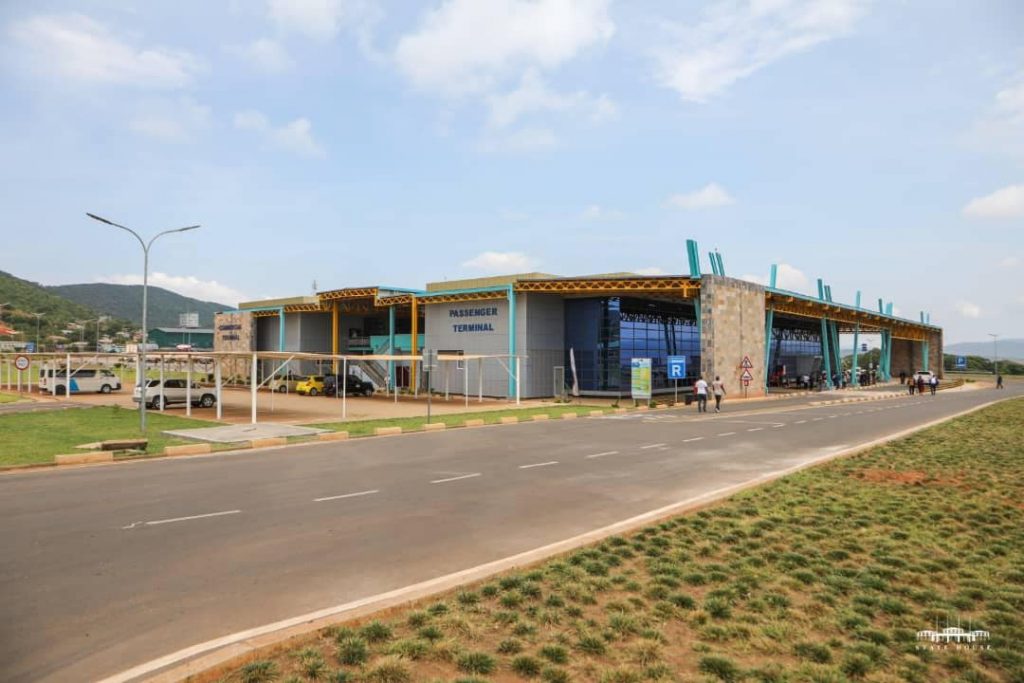An analysis by Trade and Law Centre (Tralac) says preferential trading regimes are benefitting large and established traders compared to small-scale traders, thereby fuelling informal cross-border trade in Malawi and other Comesa and Sadc members States.
The analysis on small-scale cross-border traders participation on Simplified Trade Regimes (STR) observes that small-scale traders have limited knowledge on the regulations of cross-border trade regimes.
Some small-scale traders say they are not benefiting from preferential trade regimes
STR is a special arrangement which aims to simplify and streamline the documentation and procedures for the clearance of the low-value consignments of small-scale cross-border traders while enabling them to benefit from the preferential trading environment.
According to the analysis, only large-scale traders have the capacities to comply with the complicated rules and regulations of cross-border trade regimes, including technical requirements and customs processes unlike small-scale traders mostly women.
Reads the report in part: “The Simplified Trade Regime is an important mechanism to enable and enhance the participation of small traders in preferential trading arrangements.
“It is, however, difficult for small-scale traders in the Common Market for Eastern and Southern Africa (Comesa) countries implementing the STR such as Burundi, DRC, Ethiopia, Kenya, Malawi, Rwanda, Uganda, Zambia and Zimbabwe to penetrate complicated cross-border markets.”
It says that the fact that informal cross-border traders do not effectively participate in mainstream preferential trading regimes, means that most small -scale traders, mostly women, are left out in Africa’s formal cross-border trade.
According to the Tralac, bringing informal cross-border traders into formal cross-border trade via STRs has the potential to yield substantial benefits for both governments and the traders by boosting cross-border trade and revenue.
Speaking in an interview on Sunday, Cross-Border Traders Association of Malawi president Steve Yohane admitted that most Malawian traders are unaware of the preferential trade regimes provisions hence losing out on revenues.
“Lack of information among traders and some government agencies on provisions that are meant to ease trading burdens such as the preferential trade regimes remain a critical issue for most traders. It takes those with experience to demand for these on the borders but for those that are unaware lose out on the same.
“On the other hand the threshold for these which is currently at $3 000 (about K3.1 million) also does not make economic sense for Malawians as the value of money keeps depreciating.”
Yohane encouraged the government to engage traders on policy regulations that are friendly to cross-border traders, saying this would help them diversify economic activities and contribute to economic development.
Chamber for Small and Medium Business Association executive secretary James Chiutsi is also on record as having said that though such trade initiatives are very crucial to SMEs, most traders have not benefited much from such initiatives.
He said: “Trade facilitation initiatives are very brilliant ideas but they have failed to yield maximum results due to inadequate civic education.
“Engagement with SMEs on what these initiatives are all about is minimal. Our suggestion is that the Ministry of Trade and Industry should fully engage us as critical stakeholders.”
The study has since recommended that government increase the level of awareness of the STRs, publish the list of products eligible for respective STRs and build capacity of traders and customs officials in the implementation of STRs.
The post Small-scale traders, women marginalised appeared first on The Nation Online.
 Moni Malawi
Moni Malawi 

